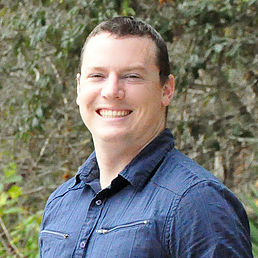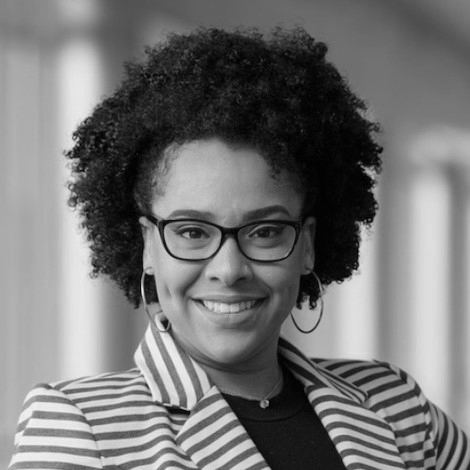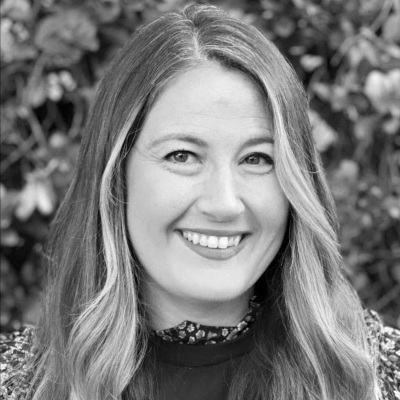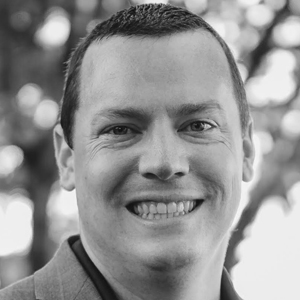Setting boundaries can be tough. These tips can make the process smoother!
The global pandemic caused by the COVID-19 virus has resulted in unprecedented disruption of daily life. With cases exploding in states like Arizona and Florida, it has become increasingly important to exercise social distancing and other preventative measures to not only protect our friends and family from potential exposure but also our communities at large. This need to protect ourselves and others is also contrasted by our desire and need to balance personal needs. Engaging in activities, whether hobbies, exercise, or social interactions remains important. Interacting with others and establishing boundaries while practicing social distancing can be very difficult.; These tips can help!
1. Identify what you are comfortable with, and what is “no-go” behavior.
2. Go with your gut.
3. Express limits in clear, direct language.
4. Practice Assertiveness.
5. Differentiate between your boundaries and your sense of self.
About the Author:
Dr. Benson Munyan is a Clinical Psychologist licensed in both Florida and Arizona. He is the Director of Neurocove Behavioral Health and specializes in the assessment and treatment of anxiety, depression, and trauma-related disorders. Dr. Munyan earned his Doctorate in Clinical Psychology from the University of Central Florida. He currently holds clinical privileges at both Neurocove Behavioral Health and the Orlando Veteran’s Affairs Healthcare System. He has also previously published clinical research and articles in peer-reviewed journals including PLoS One and Clinical Case Studies.
- Which Therapy is Best? - December 14, 2023
- How to deal with Burnout when you’re sick of everything and everyone. - February 23, 2022
- The Hidden Dangers of Social Media: How It Can Eat Away at Your Mental Health - August 21, 2021









